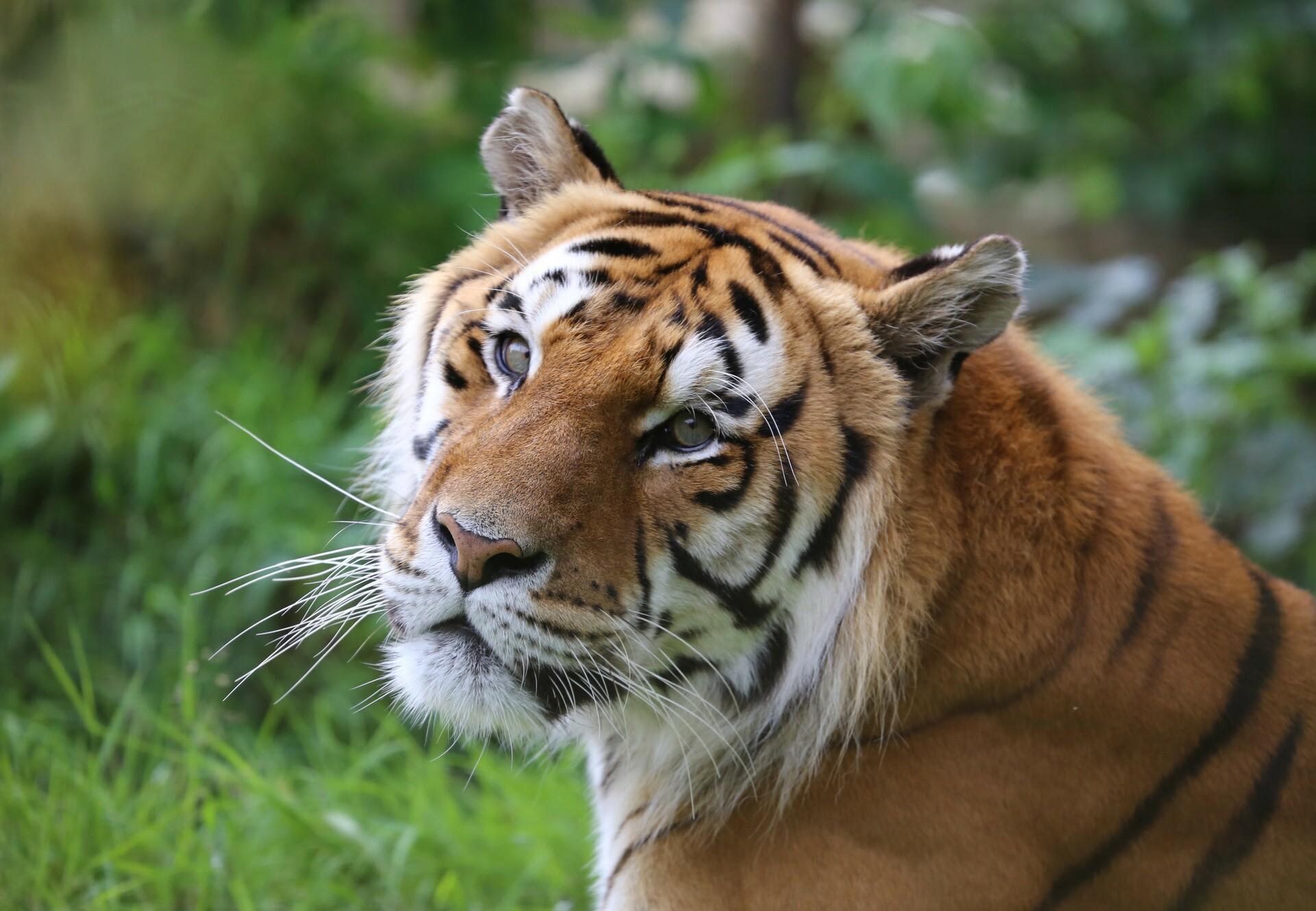
Take Action for Big cats
Time to end the exploitation of big cats in the U.S.
Out of all the big cats, tigers appear to be the most prevalent species in captivity among private owners. And Netflix’s shocking documentary-series, Tiger King, hits close to home as the public realizes there are more tigers in captivity in the U.S. than there are in the wild!
Big cats as pets
The private ownership of big cats, such as lions and tigers, remains a huge animal welfare and human safety issue. Between 5,000 – 10,000 big cats are estimated to be in private ownership in the U.S.
However, the actual number is unknown, as there is no comprehensive federal regulatory system in place to document how many captive-bred big cats are kept by private owners. Instead, laws and regulations on private ownership of exotic animals fall to state governments and vary wildly by state, creating confusion, loopholes, and an ineffective method for regulating these dangerous wild animals. This is why we need to pass the Big Cat Public Safety Act!
Update:
Great news! The Big Cat Public Safety Act was signed into law by President Biden in December 2022!
The bill was first passed in the U.S. House of Representatives on July 29th and then unanimously passed in the U.S. Senate on December 6th. After so many years, it is truly wonderful to see this important bill finally become a law. The Act prohibits keeping tigers, lions, and other big cat species as pets and bans public interactions with big cats, including cub petting.
The Big Cat Public Safety Act: Why it was needed
Until now, there has been no U.S. federal law regarding the private ownership of big cats as pets. Therefore, the fate of these big cats, like their population numbers, remains an unregulated mystery. In addition, the allowance of public contact with big cats creates immense health and safety risks for both people and big cats.
In substandard zoos and backyards across the country, big cats live in deplorable and unsafe conditions without proper veterinary care, nutrition, and enrichment. The demand for big cats as exotic pets, the use of cubs for petting displays and photo opportunities, and the lucrative trade in their pelts and body parts provide dangerous incentives for their continued exploitation. When things go wrong, law enforcement officers and other first responders are put in harm's way to protect the general public and the animals.
The captive big cat crisis is why passage of the Big Cat Public Safety Act is so important! The Big Cat Public Safety Act protects the public and puts an end to the incredibly cruel "cub petting" operations throughout the country by restricting direct physical contact between big cats and the public. It will limit private ownership, bringing an end to the excessive breeding, mismanagement, and inhumane treatment of thousands of tigers, lions, and other big cats in the U.S.
